TU/e Science Award: Best EngD thesis
Design of an Automated Process for Creating Breast Cancer Treatment Plans, with Artificial Intelligence
QUALIFIED MEDICAL ENGINEER
The process of radiotherapy treatment planning is time-consuming, which can be automated by artificial intelligence. I trained and evaluated AI models to automatically delineate target volumes and organs and to predict the dose distribution for breast cancer patients, which are now used in daily practice to support the medical professionals.
I believe that artificial intelligence, in close collaboration with the medical professional, will improve patient outcomes and reduce workload in healthcare.
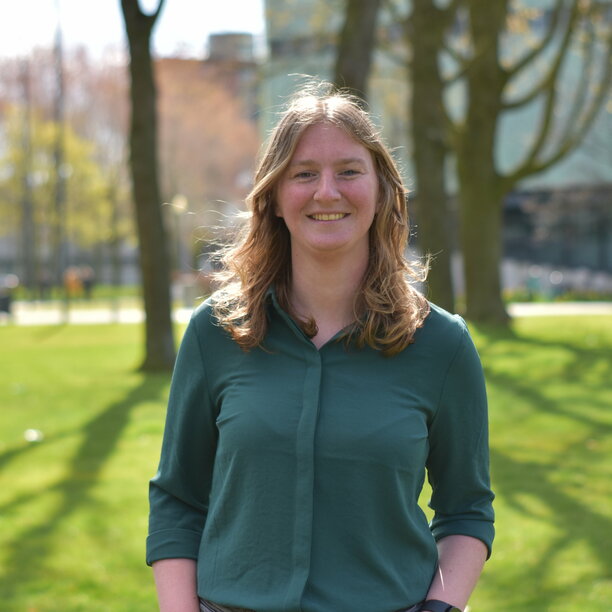
Nienke Bakx EngD MSc
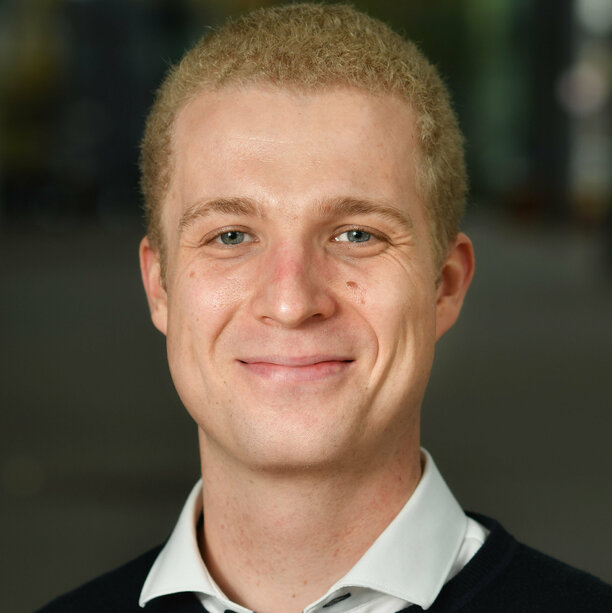
Berend van den Berg EngD MSc
Energy Consumption Prediction for Battery Electric Buses
AUTOMOTIVE SYSTEMS DESIGN
Global warming is being addressed all over the world. In transportation, we are shifting from using fossil fuels to zero-emission variants. Our developed energy consumption prediction system helps us to reduce the operational and investment expenses, by improved battery usage and sizing. This will accelerate the transition to zero-emission transportation.
I believe in the power of technology and innovation to shape a sustainable future
The design of a Learning Health System to facilitate continuous learning from data and clinical practice using AI
CLINICAL INFORMATICS
A Learning Health System approach was adopted at the University Medical Center Groningen (UMCG) to fully support our healthcare professionals to show them the right information in the right place at the right time. The information provided is also a result of (predictive) analytics to help support the decision making process.
The Learning Health System approach resulted in building blocks ranging from ‘the behaviour of a healthcare department towards AI’ to ‘the algorithm itself’. This shows the complexity of the implementation of AI within healthcare.
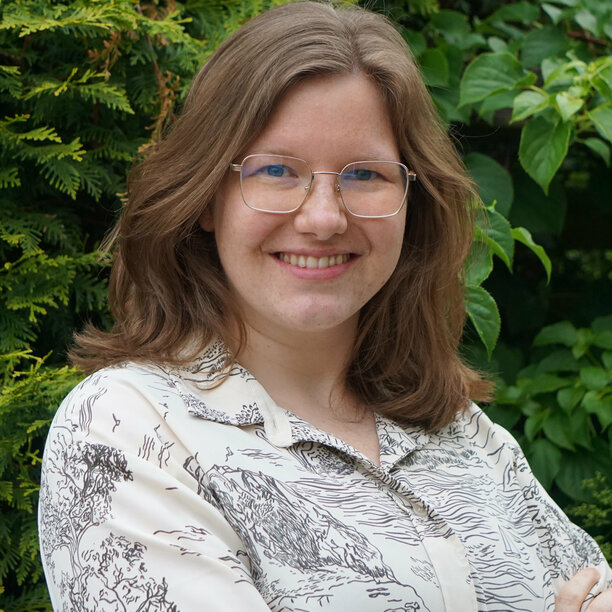
Geertje de Boer EngD MSc
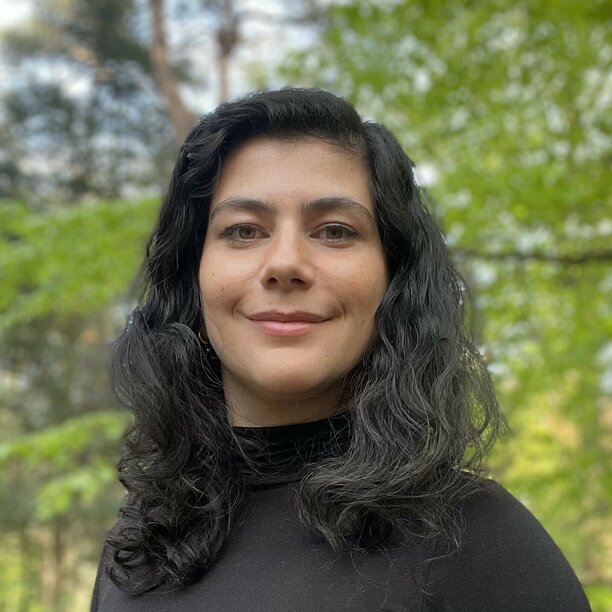
Rocio Molina EngD MSc
Launcher in package and antenna array for self-driving car radar.
DESIGN ELECTRICAL ENGINEERING SYSTEMS
To achieve the long term goal of having a fully autonomous road system and reducing the number of road accidents, vehicles require a good idea of their surroundings to be able to make the right decisions. This project focuses on improving car radar sensors in order to provide the car with a better image of its environment.
Future society challenges are not a single person task: collaboration is the best path to success.
Automated Transformation of Picture Archiving and Communication System Reporting Templates to HL7® FHIR® Models
SOFTWARE TECHNOLOGY
Healthcare professionals are overburdened by systems with low interoperability. Utilizing open healthcare information exchange standards and embedding clinical meaning in the data unlocks it’s potential for reuse in improving medical systems. This project aimed to develop a system to liberate existing medical data to improve clinical workflows.
Capturing well-structured clinical data at the source has immense potential for empowering next generation of healthcare applications!
- Pitch
- Thesis: confidential until 1-11-2025
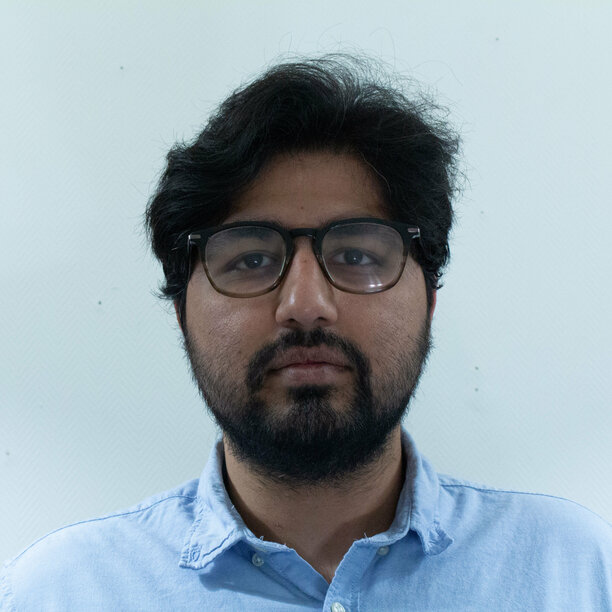
Shubham Rawal EngD MSc
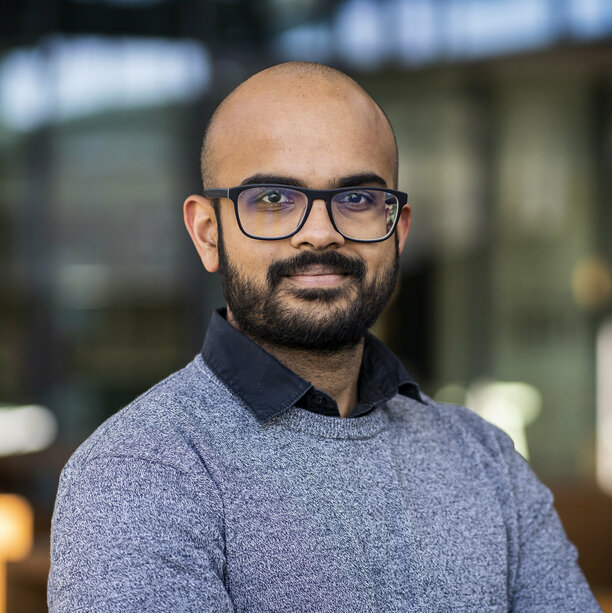
Anand Thamban EngD MSc
Fault detection and diagnosis of the low ΔT syndrome in cooling coils of chilled water systems
SMART BUILDINGS AND CITIES
In this project, a fault detection and diagnosis tool was developed which can detect the low ΔT syndrome, a prominent phenomenon which occurs in the cooling systems in buildings. It leads to increased energy consumption and/or increased discomfort for occupants. The artificial intelligence based tool provides alarms to building operators helping them in identifying faults at an early stage.
Engineering should be about channelling our efforts into making more sustainable cities and a healthier planet